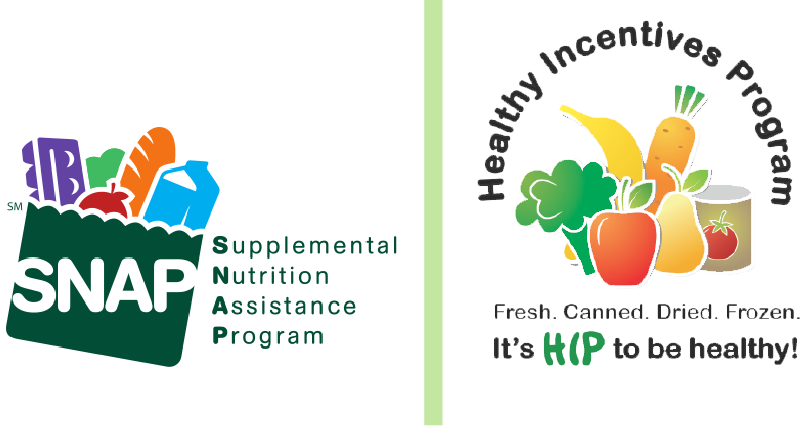Food Policy

Worldwide, growing inequalities, conflict, and climate change are exacerbating hunger and nutritional security at a global scale. According to the United Nations Sustainable Development Goal 1, “End Poverty In All Its Forms”, the number of people that are “working poor” rose for the first time in 20 years.
According to the United Nations Sustainable Development Goal 2, “End Hunger, Achieve Food Security and Improved Nutrition, and promote sustainable agriculture,” in 2020, 1 in 3 people globally lacked access to adequate food. Both food insecurity and poverty drive policy leaders to recognize the interconnectedness of the food system with other overlapping sectors such as healthcare, education, clean water, transportation, and affordable and clean energy.

The food system is a complicated puzzle that needs to be worked on from multiple sides. Food Policy is one way to break down the silos and create a broad impact in the food system because food policy impacts all people. Food policy ultimately determines what we eat, how food and animals are raised, what pesticides and fertilizers are used, governs who can get loans to buy farmland, and determines how much the Supplemental Nutrition Assistance Program and Healthy Incentives Program benefits are given to people who are food insecure.
At the national level, the Farm Bill encompasses the policies that define our current food system. The Farm Bill was initially established as an agriculture bill in the early 1900s because of weather and market fluctuations. However, when we “industrialized” agriculture and fishing, the policies created in the Farm Bill effectively established overproduction as the norm, as a way to make food as cheaply as possible. After World War I, in the 1930s, poor farming techniques, drought, and high winds created massive dust storms that drove thousands of families from their homes and created a large migrant population of poor, rural Americans. In response to farmers’ protests, lawmakers created policies in the Farm Bill to ensure stable food production prices by requiring mandatory idling of land, conservation of land and water provisions, subsidized food and school lunches, farm insurance, research and development for farming and fishing, and training and technical assistance for food producers. In the 1970s, food production went into overdrive, and the extra food produced went overseas as food aid, which was the beginning of the decline of small farms and the consolidation of big farm industries. Over time, the Farm Bill included the Supplemental Nutrition Assistance Program (SNAP), environmental programs, and idling land to replenish soil health. The current Farm Bill is multifaceted with health and nutrition programs, grants, research, jobs, infrastructure, conservation, insurance, and innovative research. The most heavily funded program is SNAP, followed by crop insurance.
In the Southcoast area, food policy is crucial to creating a healthy local food system.
While the work of the food system stakeholders (production, aggregation and distribution, food access and consumption, food recovery, and food waste) continues, the Southcoast Food Policy Council, working in multiple coalitions, creates and supports policies that ensure all residents have equal access to culturally appropriate, nutrient-dense foods.
Examples of current policies the Southcoast Food Policy Council advocates for are:
- the permanent funding of the Healthy Incentives Program (HIP),
- the permanent funding of Farm to School Grants
- Equity in Agriculture and other food production
- The Food Literacy Bill
- Food is Medicine programs,
- MA Food System Budget items, that support our local food system and advocate for national policies that directly impact the food system, such as the Farm Bill.
There is a clear need to create policies ensuring equity, mitigating climate change, and building resilient food systems to ensure everyone can access non-toxic and nutritious food.
Dr. Mark Hyman, the author of The Short Guide to the 10-Day Detox, said, “The policies and industry interests that drive our current system must change to fix our broken food system from field to fork and beyond. If we were to identify one big lever to pull to improve global health, create economic abundance, reduce social injustice and mental illness, restore environmental health, and reverse climate change, it would be transforming our entire food system. That is the most important work of our time—work that must begin now.”
Become a “Food Citizen” and work with us to advocate for a robust food system that employs local people, improves people’s health in our region, and ensures nutritional security for all of us by joining our advocacy network at sfpc@marioninstitue.org. We advocate by sending letters to legislators, providing food policy education in the community, testimony in hearings, and convening meetings with legislators. Learn more about the food system by investigating these resources.
Resources
- United National Sustainable Development Goals
- Johns Hopkins Center for a Livable Future food system educational tool
- Neff, Roni (editor). “Introduction to the US Food System: Public Health, Environment, and Equity” Johns Hopkins Center for a Livable Future. 2015 Published by Jossey-Bass.
- 2021 Southcoast Food System Assessment
- “Introduction to the Food System” certificate from Johns Hopkins University Bloomberg School of Public Health
- Massachusetts Food System Collaborative
- Food Research and Action Center








